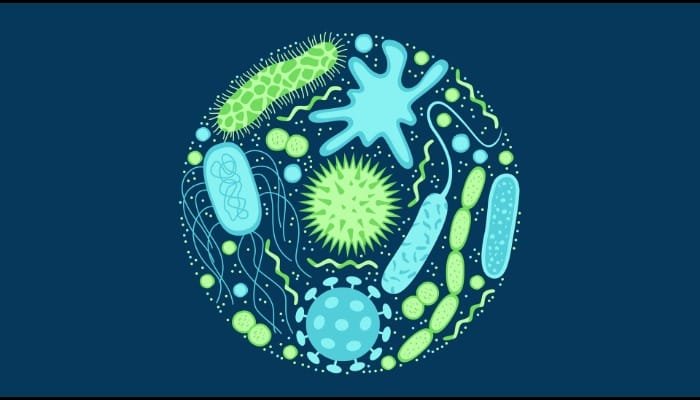Korede Abdullah in Lagos
The Nigeria Centre for Disease Control (NCDC) has introduced a four-pillar framework aimed at strengthening national and global efforts against antimicrobial resistance (AMR), a rising public health threat.
Head of Disease Prevention and Control at the NCDC, Dr. Tochi Okwor, revealed this during an interview with the News Agency of Nigeria (NAN) in Abuja on Saturday.
Emphasizing the urgency, she said, “We are at a critical point. If we are to make meaningful progress in the fight against AMR, we must adopt a pragmatic and inclusive approach built on four key pillars.”
These pillars are designed to guide effective and sustainable responses to AMR, particularly in low- and middle-income countries.
The first pillar, Strategic Information and Pragmatism, calls for reliable data to drive decision-making, as Okwor noted, “Data must guide every step we take, and our strategies must be realistic and tailored to the unique realities of our health system.”
The second, Equity Must Be Central, emphasizes the importance of ensuring equal access to antimicrobials, diagnostics, and related services.
“Equity is fundamental. Without it, AMR efforts will remain fragmented and ineffective,” she warned.
The third pillar, Accountability Equals Inclusion, highlights the role of community participation, with Okwor asserting, “Inclusion drives accountability. Communities must have a voice in shaping AMR interventions if we want sustainable outcomes.”
The final pillar, a Whole-of-Society Approach, reflects the need for collaboration across multiple sectors, including health, agriculture, environment, and education.
According to Okwor, “Antimicrobial resistance threatens our ability to treat infections and safeguard modern medicine.”
AMR occurs when microorganisms evolve to resist drugs designed to kill them, a process worsened by misuse in healthcare and agriculture.
This leads to harder-to-treat infections, increased healthcare costs, and higher mortality. The NCDC framework offers what Okwor described as “a practical and inclusive roadmap” to address this complex and growing challenge.



